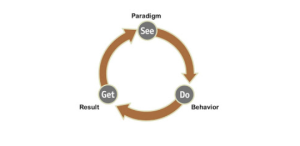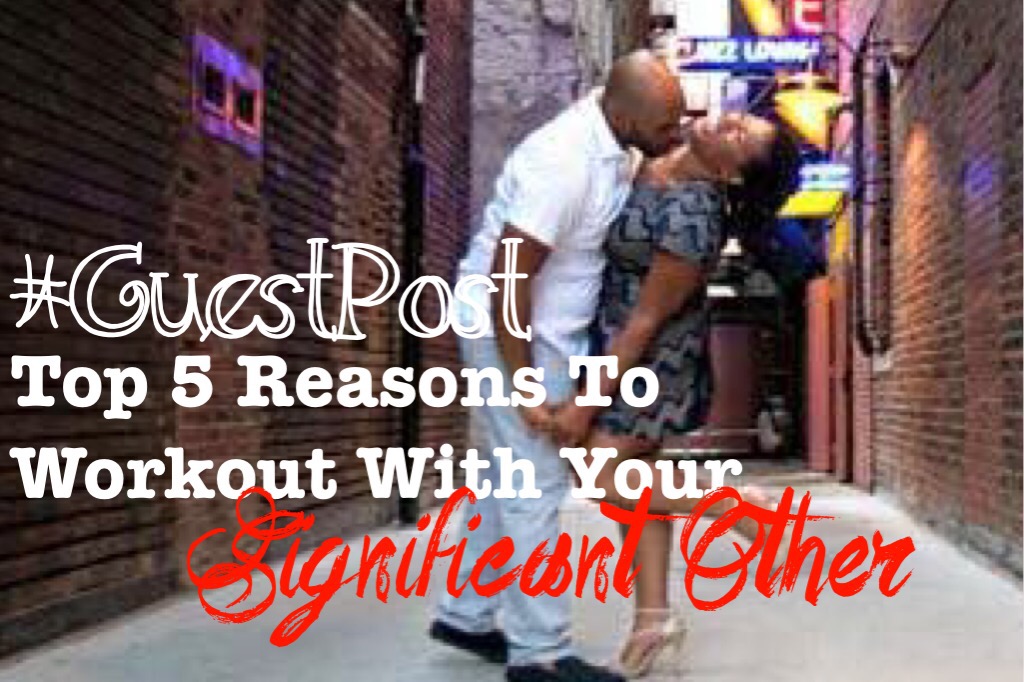When beginning this book and training, one of the main questions that I had was “How can I be more effective?” This is a loaded question since I have so many roles and areas that I want to be effective in. Covey defines effectiveness as “getting the same results you want over and over again.” Yes. Yes. This is EXACTLY what I want!
In order to achieve this, two things have to be accomplished:
- Moved from dependence to independence.
- Assess your paradigm
In order to do both of these things, you have to establish effective habits. As you become more effective, you become interdependent–you work well with others. So how do you move from dependence to independence to interdependence?
The Maturity Continuum
This is probably my favorite concept within the 7 Habits. When we start out in life, we are dependent on others. We’re babies and totally dependent on another to care for us. As we get older, we gain independence. We can now cook, clean, take care of ourselves. This is a good thing as independence is necessary. But it’s not the best. As we gain more sight and maturity, we see that interdependence is the way to go. With interdependence we learn that it’s often more efficient to share responsibility with others. This is ultimately where we want to be. The first 3 habits get you from dependence to independence. The fourth thru sixth habits get you from independence to interdependence. The seventh habit keeps you there.
Assess Your Paradigms
A paradigm is how you and understand the world. Essentially, it’s a mental map. In order to practice effective habits, you need to adopt paradigms based on principle of effectiveness. How we see things affects what we do which affects what we get. If we alter how we view things, then that can change how we do things, ultimately changing what we results we get.
Habit #1: Be Proactive
Common paradigm: You’re responsible for my happiness.
Highly effective paradigm: I’m responsible for my happiness.
How do you get more control over your life?
- Pause before you respond.
- Use proactive language (eg. I can, I choose to, I will get this done, etc.)
- Focus on your Circle of Influence (Circle of Influence = things that you can control)
How does this look in parenting?
I remember when mini started having her temper tantrums. I felt helpless. I didn’t want to spank, talking wasn’t working, I didn’t know what to do. I WISH I had been introduced to these principles at this time. Now at 5, we don’t have those issues but I still employ this habit when she does something inappropriate. Instead of getting upset now, I pause and I’m able to have better control of my responses. I will now count till 5. Sometimes I count for her and sometimes I count for me but it ultimately allows for both of us to get better control of the situation.
We use proactive language daily in our household. Not only does it show that we, as parents, are responsible for our actions, it’s teaching mini that to be responsible too. When things happen to her at school or she’s acted out, we focus on the things we CAN control and not the things we can’t. When we’re talking about behaviors, we do focus on positive changes that we control and find solutions.
Habit #2: Begin With the End in Mind
Common paradigm: I just go wherever life takes me.
Highly effective paradigm: I define my life’s vision and purpose and live by it.
How can I live with purpose and vision?
Create and live by a Personal Mission Statement. These can be created for yourself and your family. When coming up with the statement, consider the following questions:
- Think of a person who has made a positive difference in your life. What qualities does that person have that you would like to develop?
- What are your natural gifts and talents?
- What are the 5 things you value most?
- What are the things in your personal life that make life worth living?
- Imagine it’s 20 years from now and you’re surrounded by the most important people in your life. What types of things would like to hear them say about you?
The Personal Mission Statement should be a couple sentences long and you should read it every day. This statement is what guides your thoughts, words, behaviors.
How does this look in parenting?
As a mom, here is my Personal Mission Statement:
I strive to be the best mother that I can be. To use my creativity and positivity to better those around me and inspire my children to be the best that they can be.
When D and I got married, he, mini and I sat down and worked on a Family Mission Statement:
In all that we do, we want to make each other feel loved, respected and heard. Our home will be filled with laughter, love, honesty, hugs and good food.
During the tough times of parenting, I go back to my personal mission statement which helps me develop the next steps that I need to take with mini. Developing the Family Mission Statement was fun and it gave mini a sense of pride. She enjoyed being part of our planning session and took the written statement to school for show and tell. When she gets out of line, we go back to our family mission statement and she’s able to tell us whether her actions were in line or not with how she wants to be perceived.
Employing these habits are the first two steps in getting from a place of dependency to independency. Next week I’ll be covering habits 3-6.
What do you think of these first 2 habits? How can they be used in your home?
**This is the last week to enter the giveaway! Do so today!!!**








